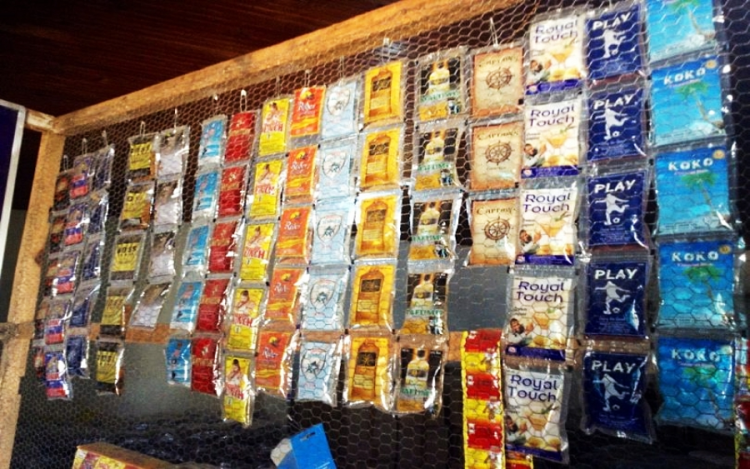The Director of Research and Innovation at the Nigerian Institute for Cancer Research and Treatment (NICRAT), Dr. Nwamaka Lasebikan, has explained that the Federal Government’s recent ban on the production and distribution of sachet alcoholic beverages is aimed at reducing the rising burden of non-communicable diseases (NCDs), including cancer.
Lasebikan, a radiation and clinical oncologist, stated this at the 2025 Annual General Meeting and Scientific Conference of the Medical and Dental Consultants Association of Nigeria (MDCAN), held on Wednesday in Lagos.
The Federal Government had announced the ban on Tuesday through the National Agency for Food and Drug Administration and Control (NAFDAC). The directive prohibits the production, sale, and distribution of alcoholic beverages packaged in sachets and bottles below 200 millilitres, with full enforcement set to begin on January 1, 2026.
Describing the policy as a step in the right direction, Lasebikan said the decision would help curb alcohol abuse, particularly among minors, and reduce the incidence of alcohol-related diseases in the country.
“It is a fantastic development. The sale of alcohol was becoming very unregulated, as minors who have no business accessing alcohol could easily get it within their reach,” she said.
“The ban is a step in the right direction, and it will also go a long way in reducing the burden of non-communicable diseases. Alcohol is a strong risk factor for NCDs, and cancer is one of them.”
The oncologist further urged the government to consider introducing a “sin tax” on alcohol, tobacco, and other products known to be harmful to health, as a deterrent to excessive consumption.
A “sin tax” is an excise tax levied on goods considered harmful to individuals and society. These products typically include alcohol, tobacco, drugs, candy, soft drinks, fast foods, coffee, sugar, gambling, and cannabis, among others.


